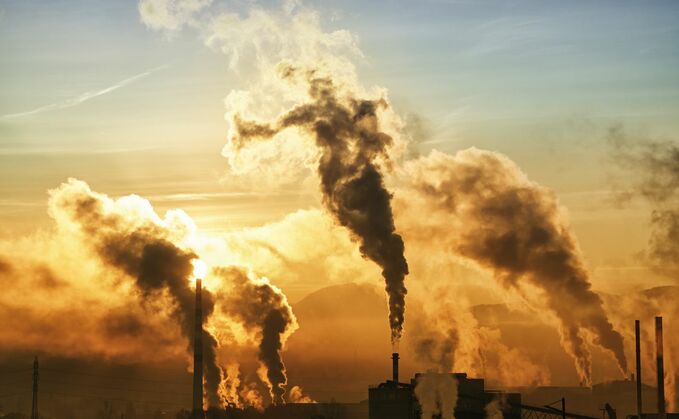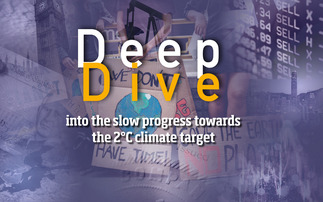
The IPCC assessment finds the 1.5C warming target will be breached without immediate action
The world’s largest-ever report into climate change has found that some devastating impacts are now unavoidable, but there is still time to prevent things from getting even worse.
The study, by the UN's Intergovernmental Panel on Climate Change, collated and reviewed information from more than 14,000 scientific papers and came to the evaluation that humanity's role in global warming is both overwhelming and unequivocal.
It found that the global surface temperature was slightly over 1°C higher in the decade 2011-2020 than in the whole of the period 1850-1900, with the past five years being the hottest on record.
Additionally, current efforts to stem the warming of the planet have so far been unsuccessful. A temperature increase of 1.5°C, initially projected to occur by 2040, is now anticipated to happen by 2030.
It is "virtually certain" that the climate is undergoing more extreme heat conditions while the fewer cold events are less severe, the reported stated, and called for global action to stem the global rise of temperatures.
How investors can manage the risks of climate change
"Today's IPCC Working Group 1 Report is a code red for humanity," said UN Secretary-General António Guterres.
"If we combine forces now, we can avert climate catastrophe. But, as today's report makes clear, there is no time for delay and no room for excuses. I count on government leaders and all stakeholders to ensure COP26 is a success."
Guterres added that the report must be seen as the "death knell for coal and fossil fuels" and called for an end to new fossil fuel development and exploration, as well as for governments, businesses and investors and to back efforts for a low-carbon future.
UK-based energy companies have long touted their commitments to a green transition, but debate and speculation are still rife as to whether their transition strategies will be beneficial for the environment as well as investors.
Yet as evidenced in the report, the need for change within carbon-intensive industries is paramount.
IA calls for further action on climate change
"Stabilising the climate will require strong, rapid, and sustained reductions in greenhouse gas emissions, and reaching net-zero CO2 emissions. Limiting other greenhouse gases and air pollutants, especially methane, could have benefits both for health and the climate," said IPCC Working Group I Co-Chair Panmao Zhai.
Organisations such as the Institutional Investors Group on Climate Change have been proactive in developing a set of expectations for the banking sector for how it can enhance efforts to achieve net-zero carbon emissions by 2050. Such measures include scaling up green financing initiatives and divesting from companies that do not comply with the Paris Agreement.
Prime Minister Boris Johnson said that the report makes for "sobering reading" ahead of November's COP26 Climate Summit in Glasgow.
"We know what must be done to limit global warming: consign coal to history and shift to clean energy sources, protect nature and provide climate finance for countries on the frontline," he said.
The IPCC provides policymakers with the latest assessments on climate change, its implications and potential future risks, allowing them to better understand how to overcome the climate crisis. This latest report, which focuses on the physical science of climate change will be supplemented by two further reports in 2022.












